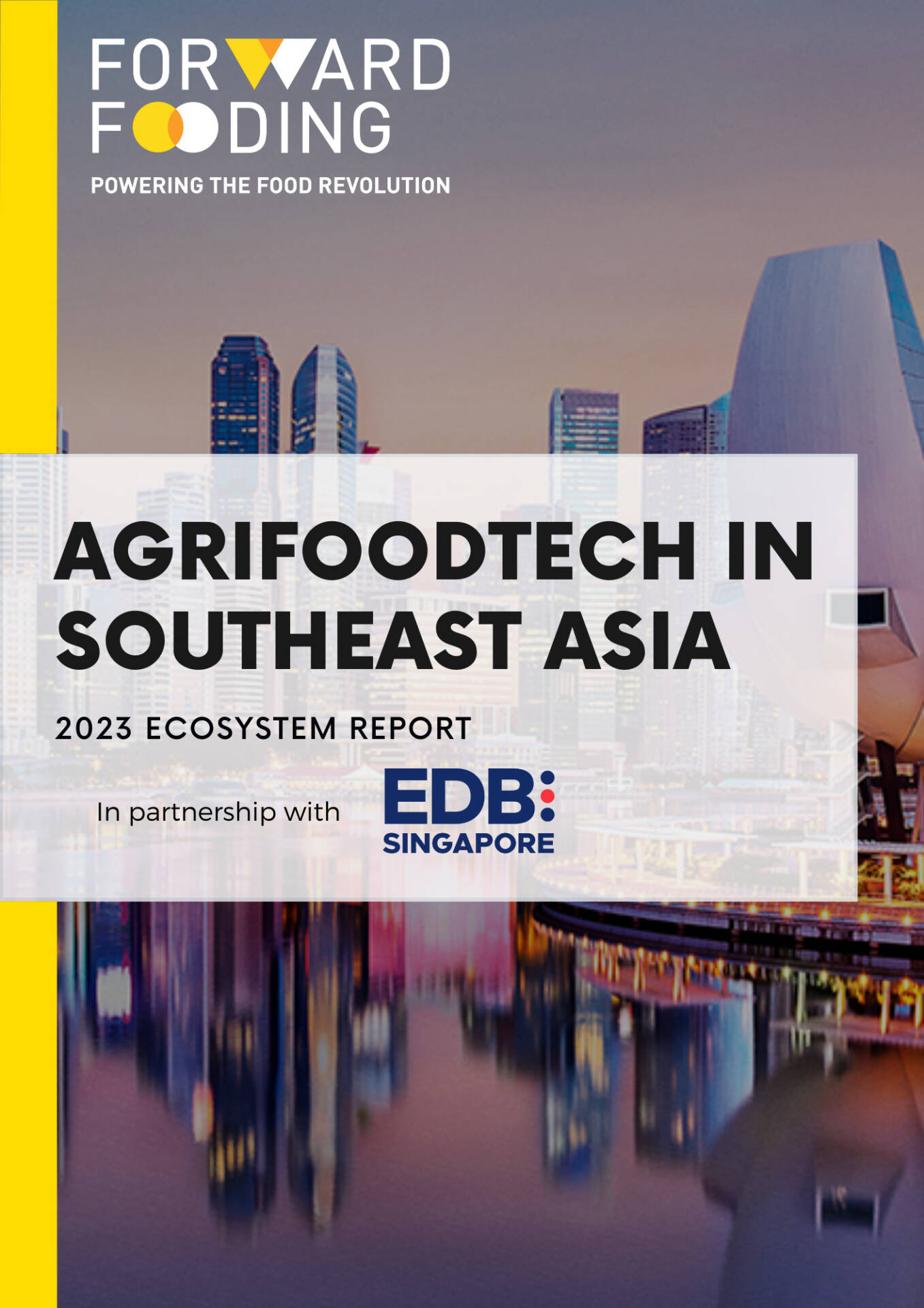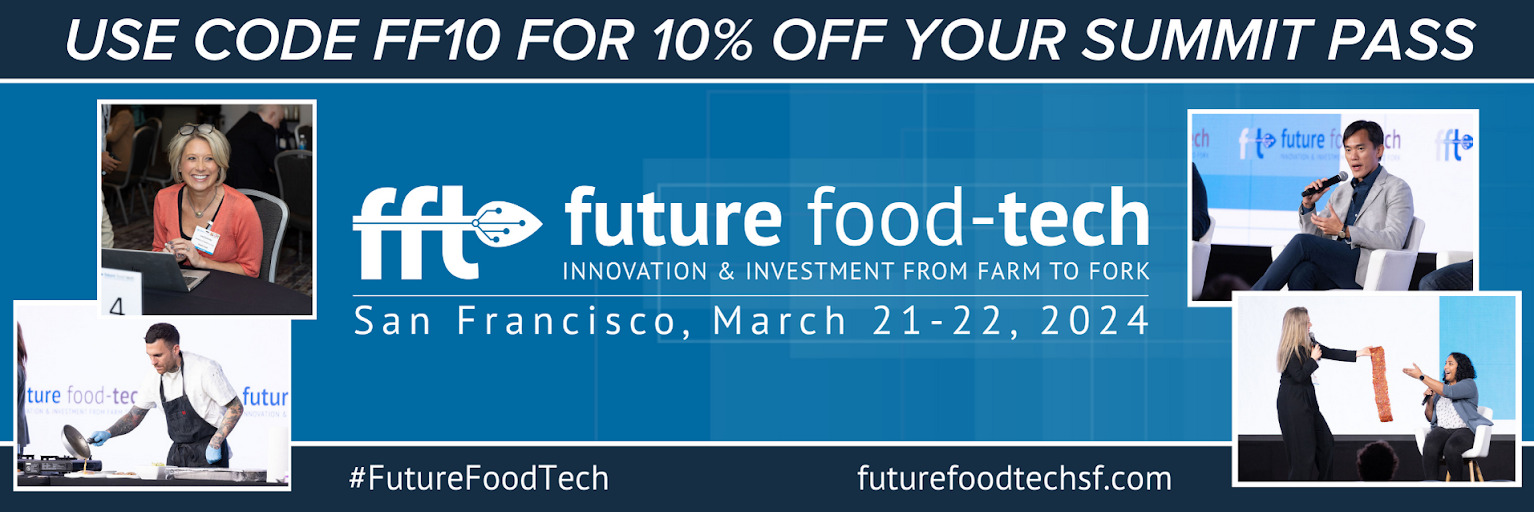FORWARD FOODING
THE BLOG
Our definition of Food Tech

Why do people keep talking about Food Tech and why is it so important? What’s the definition of Food Tech? Is it using drones to farm? Is it finding the next sustainable alternative to sugar? Or is it simply a way that we can track our potatoes?
Food Tech encompasses all of these topics. However, it isn’t a natural assumption that the Food and Tech industry would complement one another. Nonetheless, the long-overdue collaboration has created a pioneering industry that ensures we strive towards a more sustainable future.
But what does Food Tech mean?
Food Tech: a definition
Here at Forward Fooding we see Food Tech as the emerging sector exploring how technology can be leveraged to create efficiency and sustainability in designing, producing, choosing, delivering and enjoying food.
On paper, that looks great. But how is this emerging sector disrupting the long-standing Food industry and pioneering the future? The first and most crucial aspect at the centre of it all is innovation.
With over 3,800 Food Tech active businesses, predominantly startup and scaleup companies, registered and mapped on the FoodTech Data Navigator, there is a clear drive towards including Tech such as robotics, drones, 3D printing, AIs and much more into the food industry.
Food Tech’s attempt is to make the food industry more efficient while providing more sustainable solutions for our ever-growing population. Some focus areas include sustainable farming methods, sustainable packaging, and food waste reduction.
The Food Tech industry, however, is also largely driven by the consumers’ needs. Within the last 5 years, consumer mentality in the food industry has seen a significant turn towards ‘conscious consumption’. Consumers want to know where their food comes from, how it was made, and whether it is sustainable and locally sourced.
With various companies using block-chain technologies, it has now become easier than ever for the consumer to track the food provenance. An example of that is one of Forward Fooding Hub’s resident companies — Almond. Almond is an app that rewards customers for buying responsible brands while helping them understand and reduce their carbon emissions.
So how has Food Tech disrupted the long-standing Food industry, becoming one of the hottest StartUp and Investment trends of 2019?
Food Tech is a trend
An example of just how important Food Tech has become can be seen at 2019’s CES. The latter is the world-renowned largest consumer tech show globally, with the biggest of companies realizing their newest and swankiest products. Some notable releases from CES are the Microsoft Xbox (2001), the Blu-Ray Disc (2004), to LG’s rollable TV (2018).
However, the talk of the town at CES 2019 was a Burger … Yes, you read that right. A Burger, but not just any old Burger. The Impossible Burger 2.0, a 100% meatless burger promising to be the same or better than a ‘real’ burger.
Created by Impossible Foods, the Impossible Burger shows the importance of the Food Tech industry and how vital it will be in the coming years. Most importantly, Impossible Foods has demonstrated how crucial collaboration between big corporations – such as Burger King – and startups is.
Such collaborations help to create a beneficial future for everyone. The necessity for collaboration between the corporations supplying the economic and logistical resources, and Food Tech companies, providing innovative solutions, is now more prevalent than ever.
Should I get involved?
Now that you know what Food Tech means, we think you should get involved.
Why? Firstly, from an investment perspective, Forbes has predicted the Food Tech industry to be valued at over $250 Billion by 2022. In 2018, Food Tech companies have received $17 billion worth of investments. Clearly the industry is moving in the right direction!
More importantly, researchers have predicted that by 2020 2.4 million people will have health issues related to meat consumption. This will cost the healthcare system an estimated $285 Billion, which is money we could invest in much more prevalent issues.
Moreover, Oxford research has estimated that a meat diet will cost the world economy over $1.6 Trillion by 2050. If these numbers aren’t painting an image of the importance of the Food Tech industry, we are not sure what will.
The need for change is now and it is urgent, but, fortunately, it has already begun.
Get in touch!
Here at Forward Fooding, we are helping accelerate the growth of the FoodTech industry, primarily through hyper-connecting all the ecosystem actors.
With our data intelligence platform, the FoodTech Data Navigator, we are pioneering the field for FoodTech company data collection, helping investors, corporates and FoodTech entrepreneurs understand where the industry is heading.
We hope you enjoyed reading this article about the definition of Food Tech. If you want to know more about our Food Tech data & insight, consulting and corporate-startup collaboration, visit our website or contact us at info@forwardfooding.com.
Follow us
Sponsored Articles
9 July 2025
Forward Fooding celebrates the selection of 12 pioneering startups for the inaugural pladis Accelerator Programme. From water lily popcorn to sugar-converting enzymes, these innovations represent the future of snacking, addressing obesity, sustainability, and personalized nutrition through cutting-edge food technology.
21 March 2025
Tim Ingmire, VP of Global Innovation & Technology at pladis, discusses how the snacking giant is supporting early-stage startups in foodtech, health, and sustainability through their accelerator program. Learn about their focus on personalized nutrition, functional foods, and future ingredients to bring innovative, delicious products to consumers worldwide.
8 February 2024
Future Food-Tech returns to San Francisco on March 21-22 Over 1,700 food-tech leaders, from CPG brands, retailers, ingredient providers, [...]
1 February 2023
The 4th edition of FoodTech 500 is taking off and we are excited to partner with NEOM for the third consecutive year to support the best international AgriFoodTech entrepreneurs.
10 February 2022
One of the elements we enjoy the most here at Forward Fooding about working with AgriFoodTech startups is being [...]






